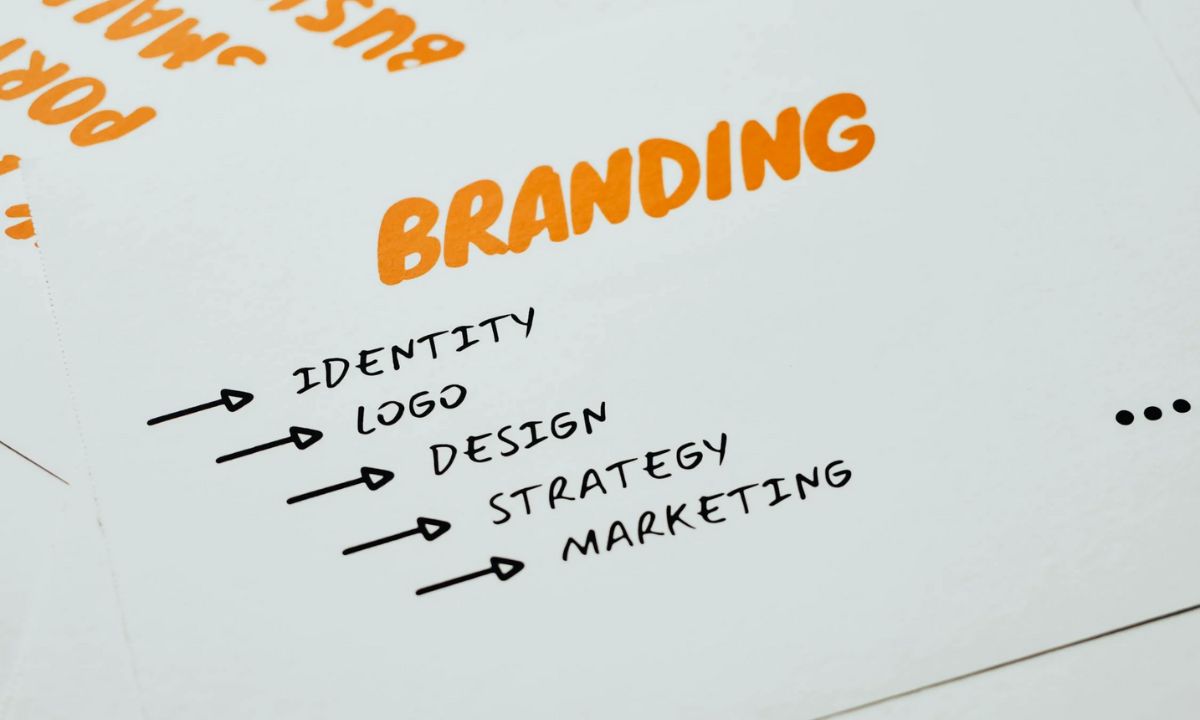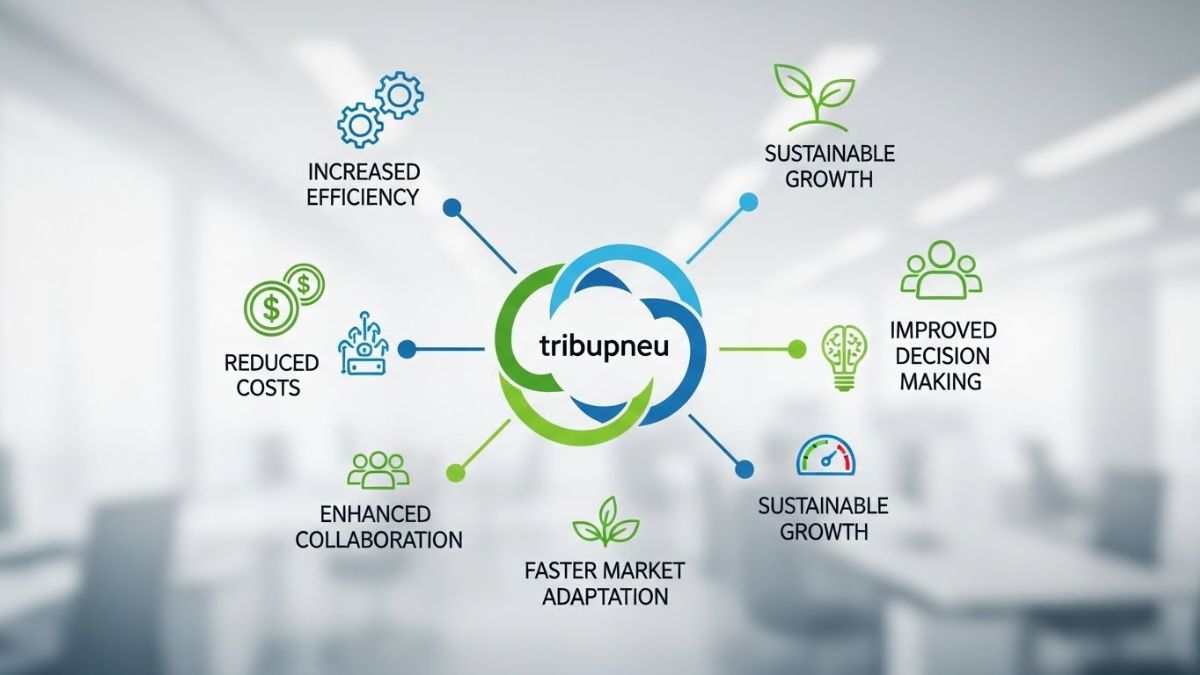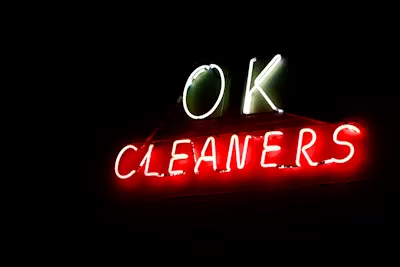Branding is the face of a business. It represents the values, voice and identity of an organisation. Consistency in branding is crucial for building trust and recognition among customers. Without it, businesses may appear fragmented or unreliable.
A creative firm often highlights consistency as the foundation of an effective brand strategy. If you’re not capitalising on it, then you might need to take action. Here’s why consistency absolutely matters in branding.
Building Trust Through Uniformity
Consistency helps create a sense of reliability. Customers feel more confident when they see familiar elements in a brand’s communications. Whether it’s a logo, colour palette or tone of voice, uniformity assures customers they are engaging with the same entity every time. This fosters trust, which is essential for long-term loyalty.
Brands that maintain a cohesive identity across all platforms also stand out in a crowded marketplace. When people repeatedly see the same visuals or hear the same tone, it leaves a lasting impression. If your brand has a strong and unified presence, this can elevate your company’s reputation.
Enhancing Recognition and Recall
Memorability is a cornerstone of effective branding. Consistency makes a brand easier to recognise, even in a sea of competitors. For instance, globally renowned brands rely on distinct elements like logos, taglines and even packaging. Repeated exposure to these elements helps consumers recall the brand with ease.
When every touchpoint reflects the same identity, customers can immediately associate a message or product with the brand. This familiarity ensures that your company stays top of mind when purchase decisions arise. A creative branding agency often emphasises the importance of consistent messaging for achieving this level of recognition.
Strengthening Emotional Connections
More than just visuals and words, branding is about creating an emotional bond with the audience. A consistent brand reinforces the same values and stories over time, which deepens connections with its customers.
For instance, a brand that consistently communicates messages of sustainability builds credibility in this area. If your customers share the same values, they’re more likely to form a strong attachment to your brand.
Delivering a Seamless Customer Experience
Every customer interaction with a brand shapes their perception of it. Whether someone visits a website, reads an email or sees a social media ad, they should encounter the same tone and visuals. Consistency ensures these touchpoints feel cohesive and professional.
Discrepancies in branding can confuse or alienate customers. For example, if your brand’s tone on social media differs significantly from that on your website, it may leave people uncertain about your brand’s identity. A seamless experience across all platforms shows professionalism and attention to detail—two qualities that inspire confidence.
Achieving Long-Term Business Growth
Consistency in branding lays the groundwork for sustainable growth. When customers repeatedly engage with a consistent brand, they develop loyalty. Loyal customers are more likely to recommend a brand to others, amplifying its reach through word-of-mouth.
In addition, cohesive branding simplifies marketing efforts. With clear guidelines in place, your teams can create content and campaigns more efficiently. This ensures that every piece of communication contributes to the same overarching goals, driving better results over time.
The Role of a Creative Branding Agency
Creative firms bring expertise in defining and refining brand elements to ensure cohesion across platforms. They develop style guides, visual templates and tone of voice guidelines tailored to a brand’s identity.
Working with skilled professionals helps businesses identify gaps in their branding and align their messaging. By keeping your brand unified, agencies enable businesses to project a stronger presence in the industry.















